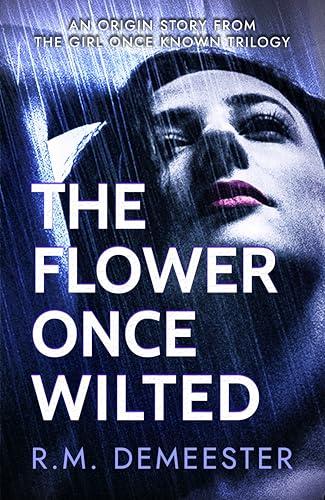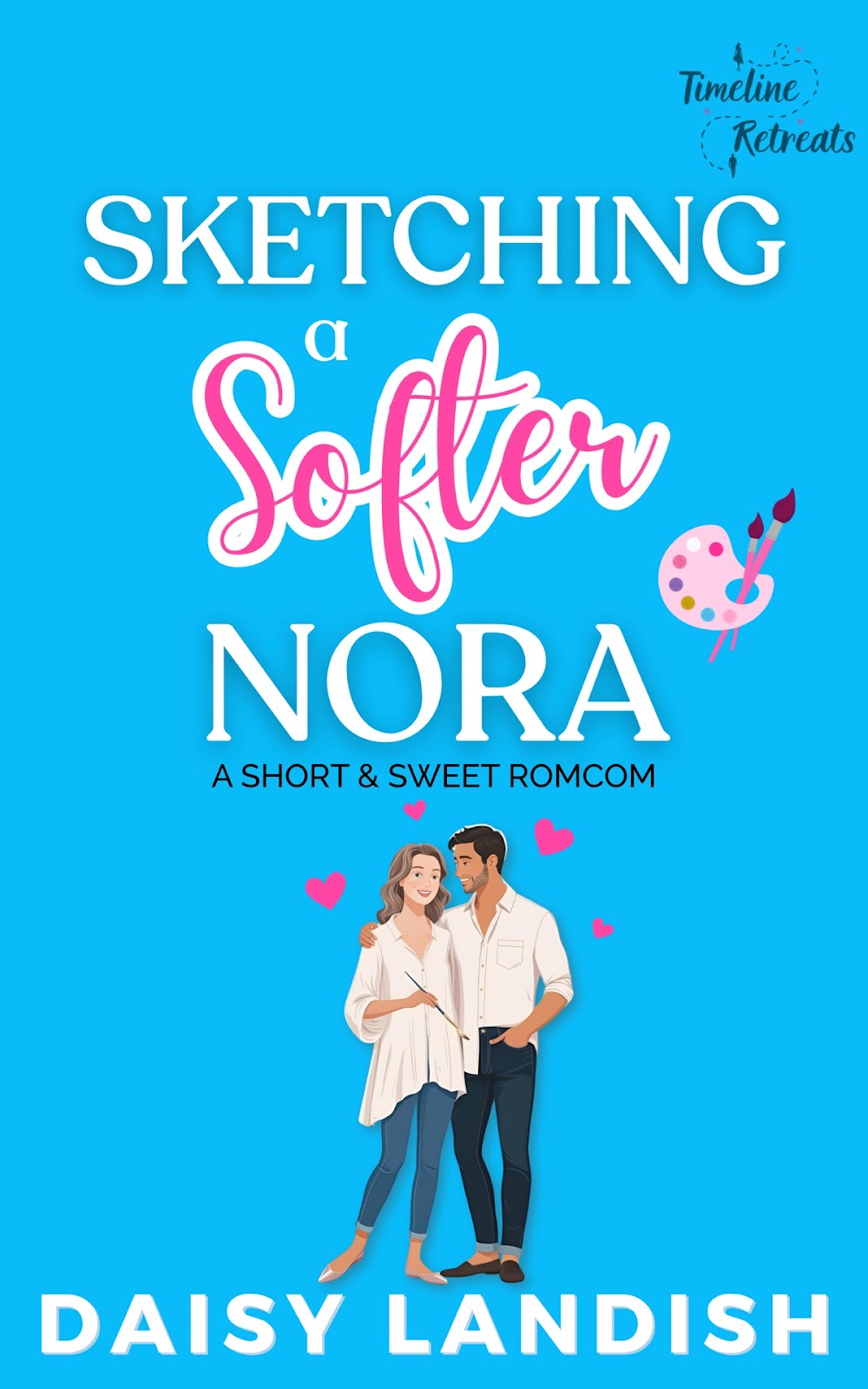WHEN THE OCEAN FLIES
Heather G. Marshall
GENRE: Women's Fiction
BLURB:
An email from a stranger tells Alison Earley that her natural father, whom she has known for only six years, has died suddenly. What begins as a short trip back to Scotland for a funeral soon becomes a journey that puts adoption, sexuality, and identity on a collision course as Alison finds herself caught between the life and family she has so carefully constructed on one continent and the family from which she was taken on another.
Shunned by her father's family, reunited with her natural mother, and reconnected with a long-lost love, Alison finds herself trying to shepherd her youngest child towards college while questioning everything she thought she knew about herself.
When her natural mother uncovers a series of letters written to Alison from the grandmother she never knew, resurrecting stories of generations of women--stories long buried by patriarchal rule--Alison realizes that she must find the courage to face and reveal the secrets of her own past. At what cost, though? And who and what will be left in the aftermath?
When the Ocean Flies explores the pain of separation and abuse, and the power of love to heal even over huge gaps in time and geographical distance.
Buy links for When the Ocean Flies Bookshop.org, Amazon, Waterstones, and Barnes and Noble
Excerpt:
Strange to think I’ve been walking this earth, turning face to sky, swimming in the waters for over three quarters of a century. So much has changed, and yet, so little. Women gained the right to vote just before I arrived in this life. We went out in droves to do the work our men had done while they went off to fight the Germans. And then we returned to our homes and our children, expected to return to the way things had always been. That’s what they say—it has always been that way. But I know, and you do as well, that it hasn’t always. Still, we returned to a way of life that denied women like
Mary their right to claim their own child unless they had the benefit of a man’s ring on their hand.
Now, in the infancy of a new century, we find footing in a world built by the men who came before, still with much of our truth buried, fossils of the soul.
I did not fully realize how much of that I’d done to myself until after Hamish died. He was a good man. It wasn’t even conscious that I held myself in for him. I loved him. Did as I was told to do. After his death, though, I felt myself begin to unfurl. I returned to reading the cards, returned to reading the air and the sky. Began to find my voice in paint and canvas and here, on these pages.
Interview with Heather G. Marshall
Have you read anything that made you think differently about fiction?
Years ago, I read James Kelman’s How Late It Was, How Late, and loved it. It’s told in Glaswegian dialect and is so fully present in each moment, revealing a harsh world with great precision. It opened possibilities. Likewise, The Night Watch, by Sarah Waters, which has a different chronology than is typical, opened possibilities in how we shape narrative.
How do you select the names of your characters?
Hmm. That’s kind of a hard question. Sometimes they just come to me, as in the case of Vic in When the Ocean Flies. Sometimes I look up name lists correlated to time and place and get ideas from there. Other times, I go for meaning behind the name or the history of it.
Do you hide any secrets in your books that only a few people will find?
That is not something I consciously do.
What was your hardest scene to write?
The hardest scene to write wasn’t really a scene, so to speak. There’s an epistolary thread in When the Ocean Flies, written by the grandmother of the protagonist. The grandmother sees the newborn once before she is taken away, and she writes the letters hoping that the girl will one day return. One of the letters was particularly challenging because the grandmother has come to believe that she will never see the girl and, after having told the stories handed down to her through the generations as well as her own story, she is writing her last wishes for this lost child.
Do you want each book to stand on its own, or are you trying to build a body of work with connections between each book?
I want each book to stand alone, but there are connections in time and place in each book. Both of my novels, as well as the one on which I’m currently working, have strong, older female characters and they are all connected to wild places on the Scottish islands. I might not always have those connections, but I don’t see them going away any time soon.
What were your goals and intentions in this book, and how well do you feel you achieved them?
As you’ll see in the answer to the next questions, I wanted to explore who we are as individuals and women, what causes us to alter ourselves for the promise of acceptance and belonging, how we can connect even over huge gaps in time and geographical distance, and how we might heal and live full and satisfying lives.
I also wanted to offer a different narrative regarding adoption than the one that is commonly shared. So many of us adoptees do not have lives that correlate with what our society expects them to be. I wanted to offer that to readers in general and hoped that it would resonate with adoptees in particular and that it might be healing. Based on some messages I’ve had from adoptees in the United States and in Great Britain, I think I have done what I set out to do.
What inspired you to write When the Ocean Flies?
I’m an adoptee. I found my biological parents when I was in my 30s. The reunion process brought up lots of questions for me—who am I and what even makes me who I am? How true is the narrative that we believe about ourselves—the one we are given by the people we grow up amid, by time and place? Can we change it? Insert a plot twist?
I read a lot about the adoption experience from the adoptee perspective, and I knew I wanted to write about it, too, but that I wanted something larger (and more compelling) than my own life. I wanted to write fiction, not memoir.
I wanted to explore who we are as individuals and women, what causes us to alter ourselves for the promise of acceptance and belonging, how we can connect even over huge gaps in time and geographical distance, and how we might heal and live full and satisfying lives.
Can you tell us a little bit about the next books in (Insert name of book or series) or what you have planned for the future?
I’m working on a few projects—some creative nonfiction and essays surrounding the themes being an adoptee, choosing a soul-satisfying life, late-life coming-of-age; I’m also working on a new novel that includes one of the characters from When the Ocean Flies. She’s not at a nice person in the book, but it turns out she has had her own challenges and has a few secrets that have contributed to who she becomes and how she behaves in the novel.
Can you tell us a little bit about the characters in When the Ocean Flies?
Of course!
Alison is the protagonist. She’s in her fifties in the present-tense section of the book, and we follow her as she navigates divorce, empty nest, and what follows from the sudden death of her biological father. She’s an adoptee who has found her parents and who is now, suddenly thrust into circumstances that force her to face secrets from her past and the pretense she has built into her life.
Vic is her rowdy childhood friend turned love interest. They lost touch with each other for almost twenty years and have rekindled their friendship.
And then there’s Eilidh, who is the grandmother who grieves over the loss of Alison, who was taken from her shortly after she was born. Part of her healing is writing letters that she hopes to one day give to Alison. She shares ancient stories passed down from her female ancestors as well as stories from her own life and from Alison’s mother’s.
There are more, but I think these three are key.
What did you enjoy most about writing this book?
I did a lot of research into women’s history, particularly in Scotland, and I thoroughly enjoyed that aspect. Weaving some of the elements and stories of strong women through the ages into the novel was very satisfying.
AUTHOR Bio and Links:
Heather G. Marshall is an adoptee, author, speaker, teacher, coach, and traveler. Her short fiction has been published in a variety of journals, including Black Middens: New Writing Scotland, and Quarried, an anthology of the best of three decades of Pine Mountain Sand & Gravel. Her first novel, The Thorn Tree, released in 2014 (MP Publishing). Her TED talk, “Letting Go of Expectations,” centers around her adoption and reunion. Her second novel, When the Ocean Flies, released in February 2024 (Vine Leaves Press). In her writing, Heather explores family, adoption, women (especially older ones), the natural environment, and how these intersect. When she isn’t writing, she likes to hike, travel, practice yoga and meditation, do a wee bit of knitting, and, of course, read. Originally from Scotland, Heather is currently based in Massachusetts.
Links to Heather’s socials
Website ~ Substack ~ Instagram ~ Facebook











%20by%20Willow%20Thorne.jpg)






































5 comments:
Thank you for hosting WHEN THE OCEAN FLIES and featuring its author.
I enjoyed the post. This sounds like a good book.
Thanks for hosting WHEN THE OCEAN FLIES and for the fun interview questions!
Sounds like a good read.
This looks like a great novel. Thanks for sharing.
Post a Comment